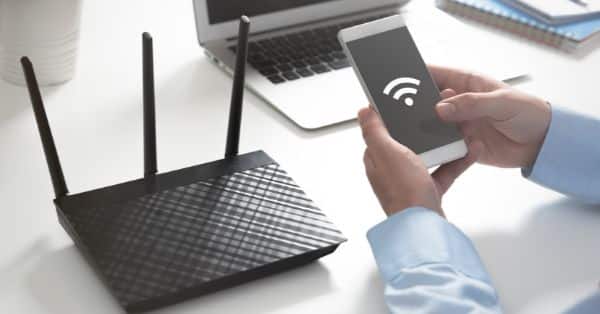India’s Prime Minister Modi revealed the Bharat 6G Vision Document on Wednesday, announcing the development of a 6G test bed just five months after 5G was introduced in the country. The test bed will serve as a platform for the validation and testing of innovative technologies and research breakthroughs related to the next generation of wireless communication, 6G. Alongside the 6G vision, PM Modi inaugurated a regional office of the UN’s International Telecommunication Union (ITU) in Delhi.
During the unveiling of the 6G test bed, PM Modi emphasized India’s rapid progress in the digital revolution, citing the country’s record-breaking deployment of 5G as evidence of its confidence. He also announced that the ITU’s World Telecommunication Standardization Assembly would take place in Delhi. In addition, India plans to establish 100 5G labs in the coming years. He also highlighted the remarkable digital progress made in the last nine years, with India’s digital economy expanding at a rate 2.5 times faster than the overall national economy. Modi also introduced the ‘Call Before You Dig (CBuD)’ app as well, which aims to improve coordination between excavation companies and underground utility owners to avoid damage caused by digging activities. He noted that during this period, the number of broadband users increased from 60 million to 800 million, while internet connections grew from 250 million to 850 million. Both the government and private sector have laid over 2.5 million km of optical fiber.
Emphasizing India’s status as the world’s most connected democracy, Modi highlighted that 70 million e-authentications are conducted daily, and 8 billion UPI transactions occur each month. He also mentioned that India has directly transferred over ₹28 lakh crore to its citizens through direct benefit transfers.
The Bharat 6G vision document and the 6G test bed are expected to foster innovation and accelerate technological advancements in the country. PM Modi highlighted the impressive rollout of 5G services in 125 districts within just 120 days.
A testbed, in simple terms, is a platform for testing and experimenting with new concepts before making them widely available. The 6G test bed is specifically designed to explore and test novel technologies and research developments related to the next generation of wireless communication, 6G.
The 6G test bed allows researchers and developers to examine and assess new technologies in a controlled environment without disrupting real-world networks. This enables them to test their ideas in a realistic setting before deploying them in actual use. Such evaluations are conducted before services are made accessible to the general public.
It is worth noting that PM Modi officially launched 5G services on October 1, 2022, during the 6th edition of the India Mobile Congress (IMC). He previously stated that India would achieve 100% coverage for 5G services by the end of 2024. Currently, Jio 5G services have been introduced in over 400 cities.



























